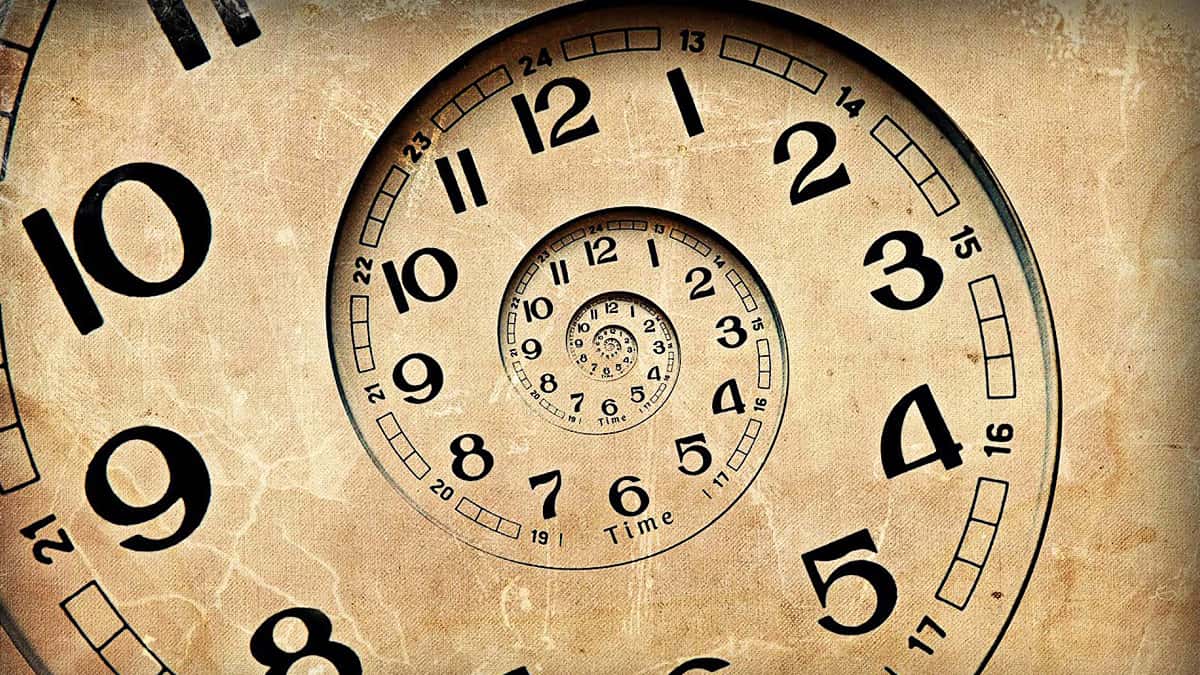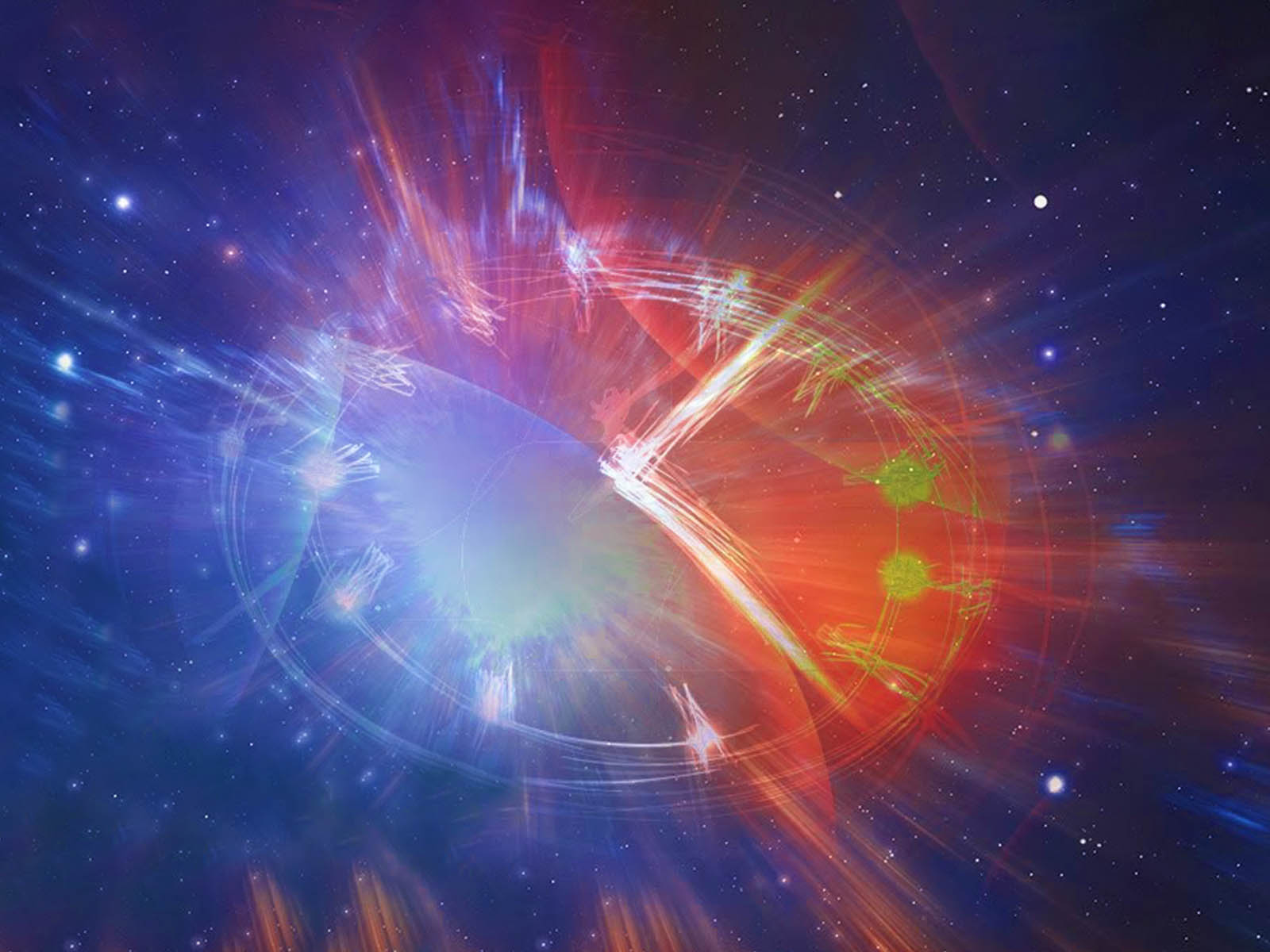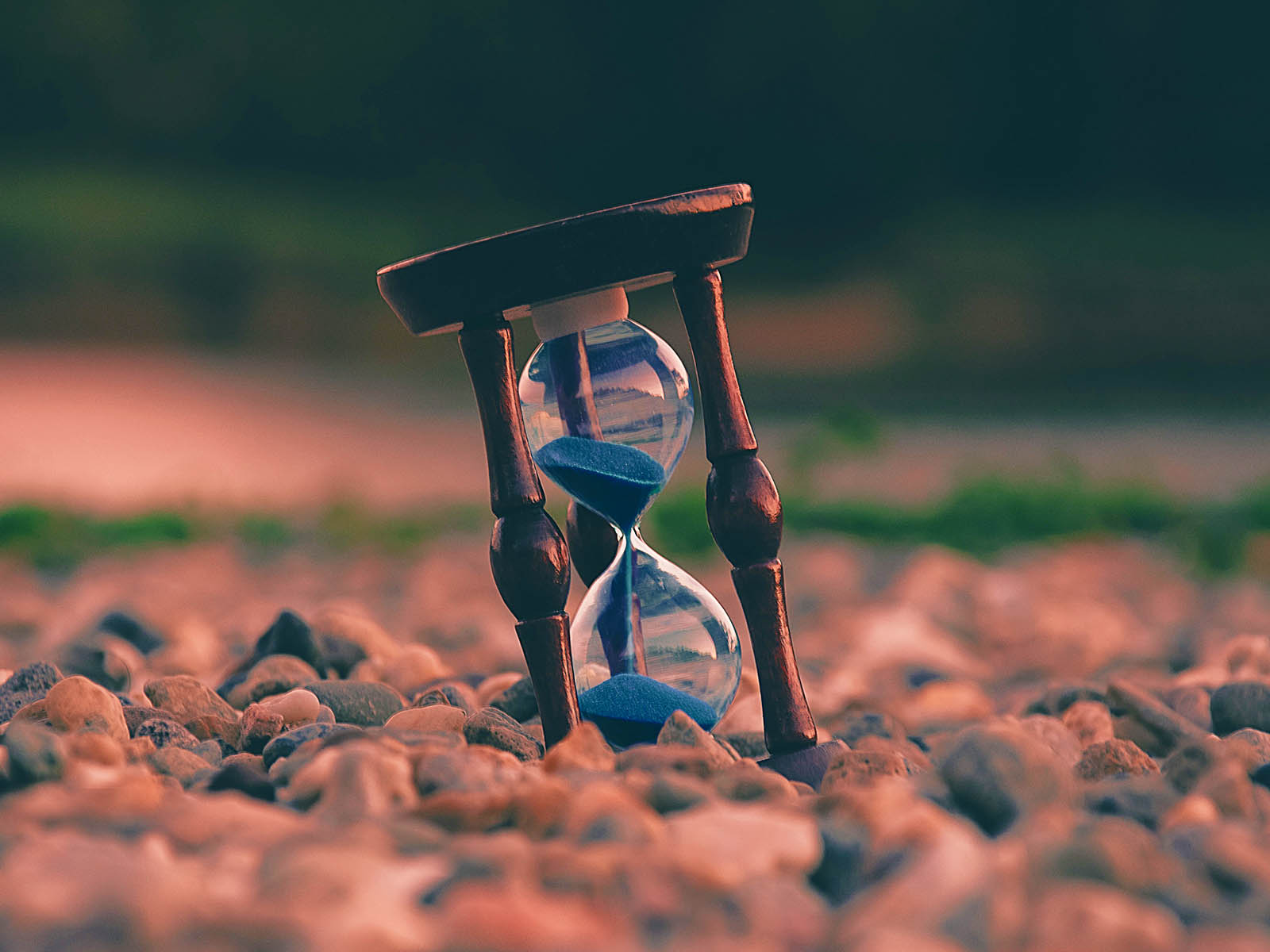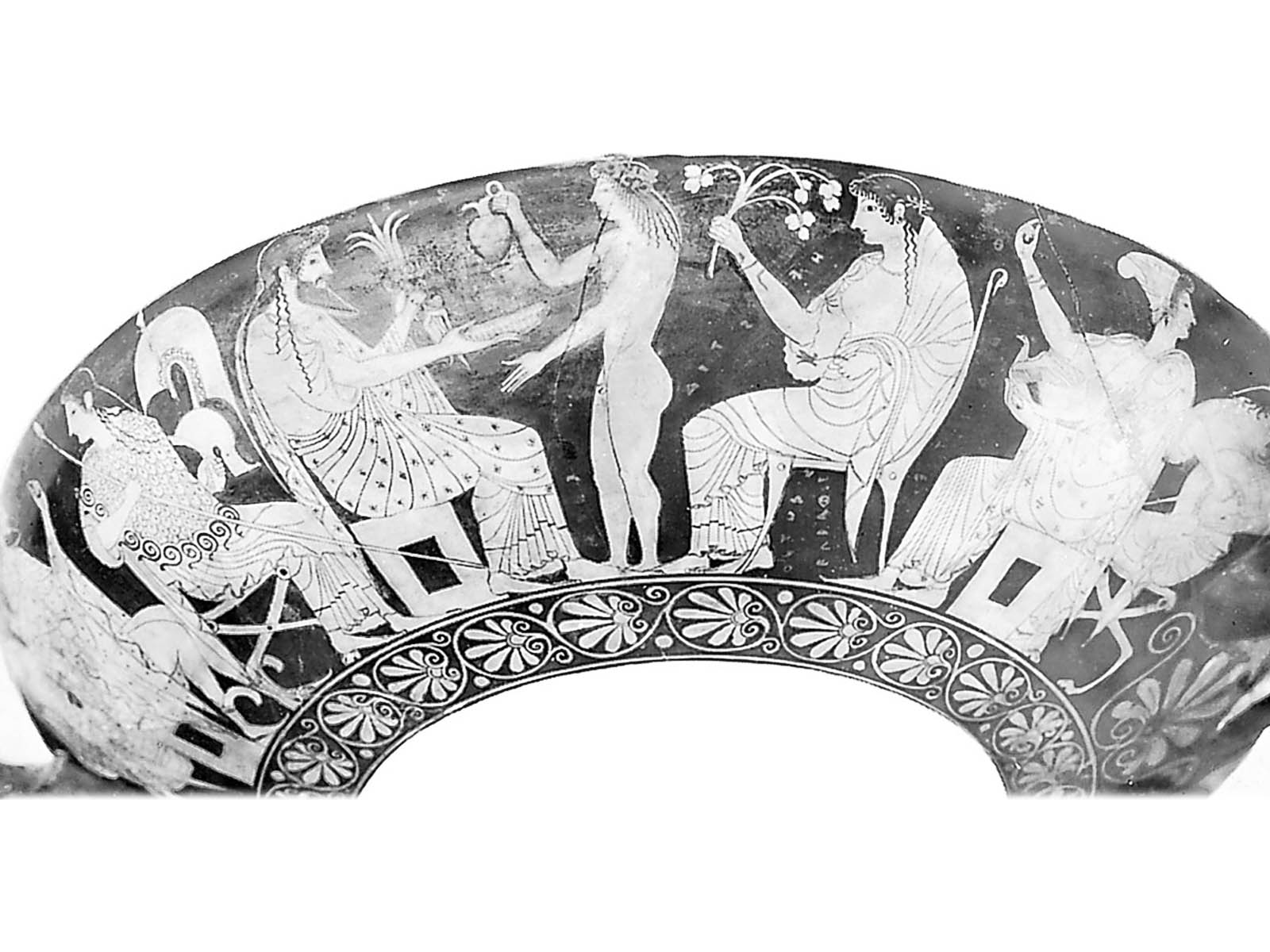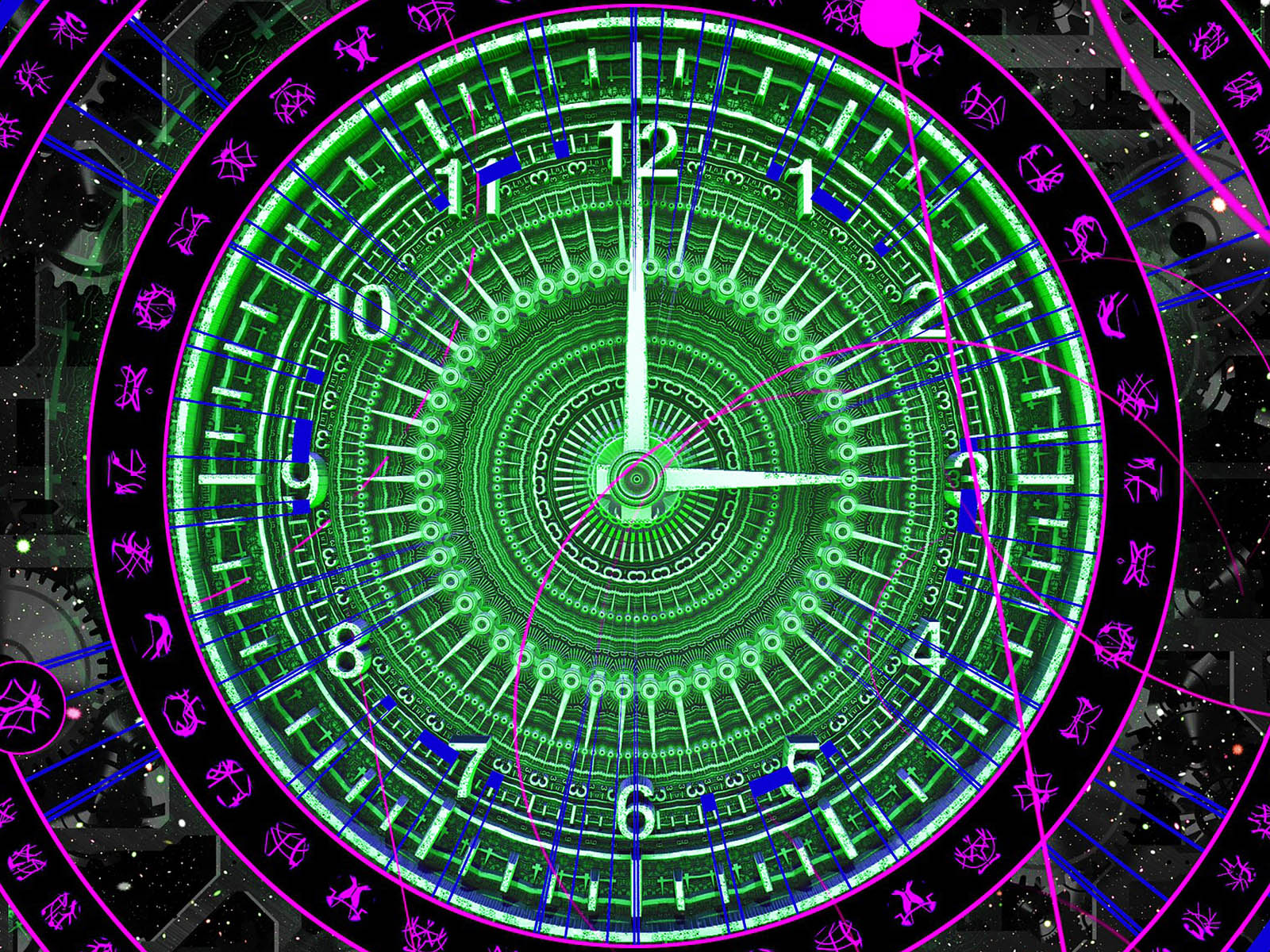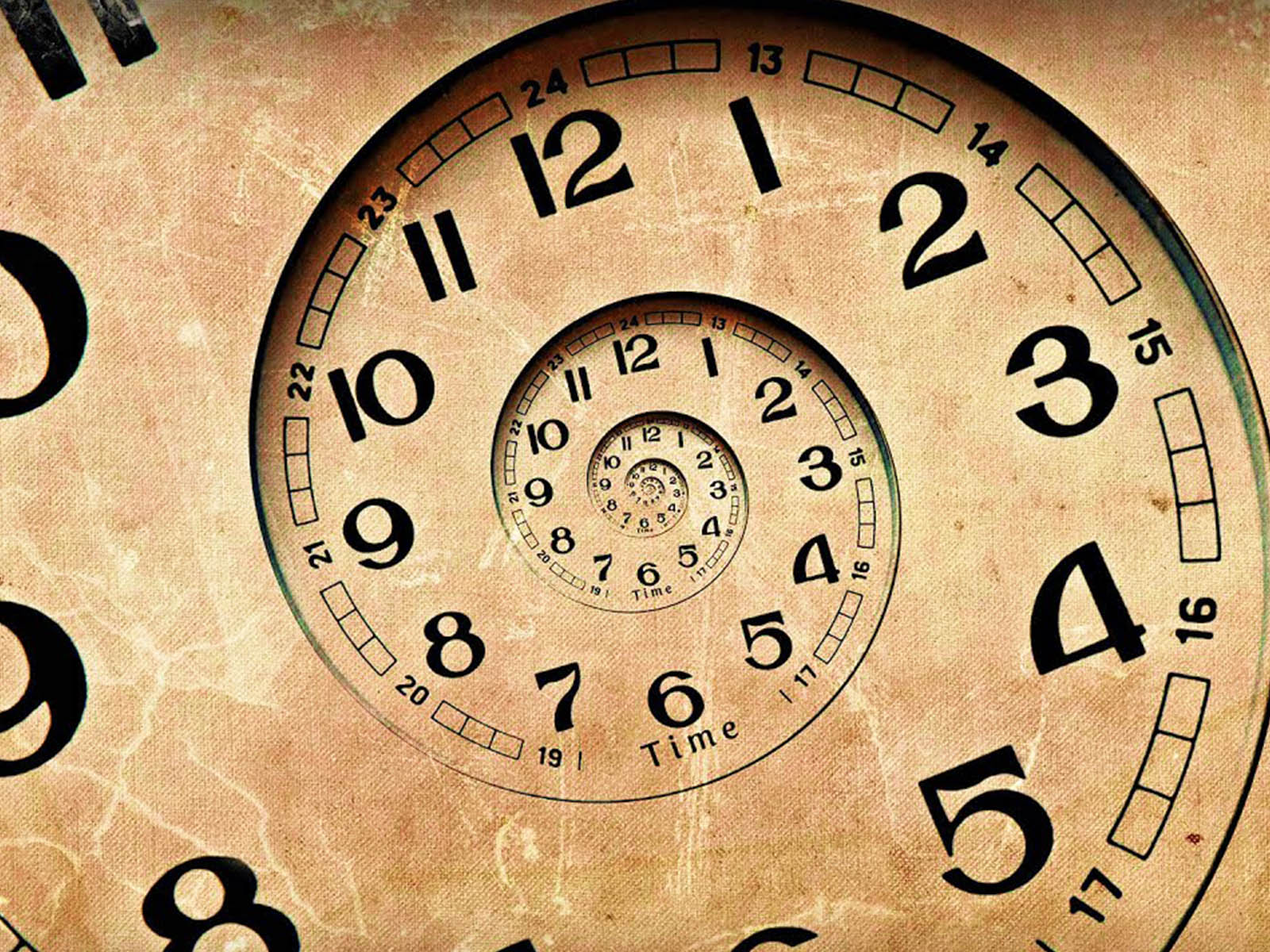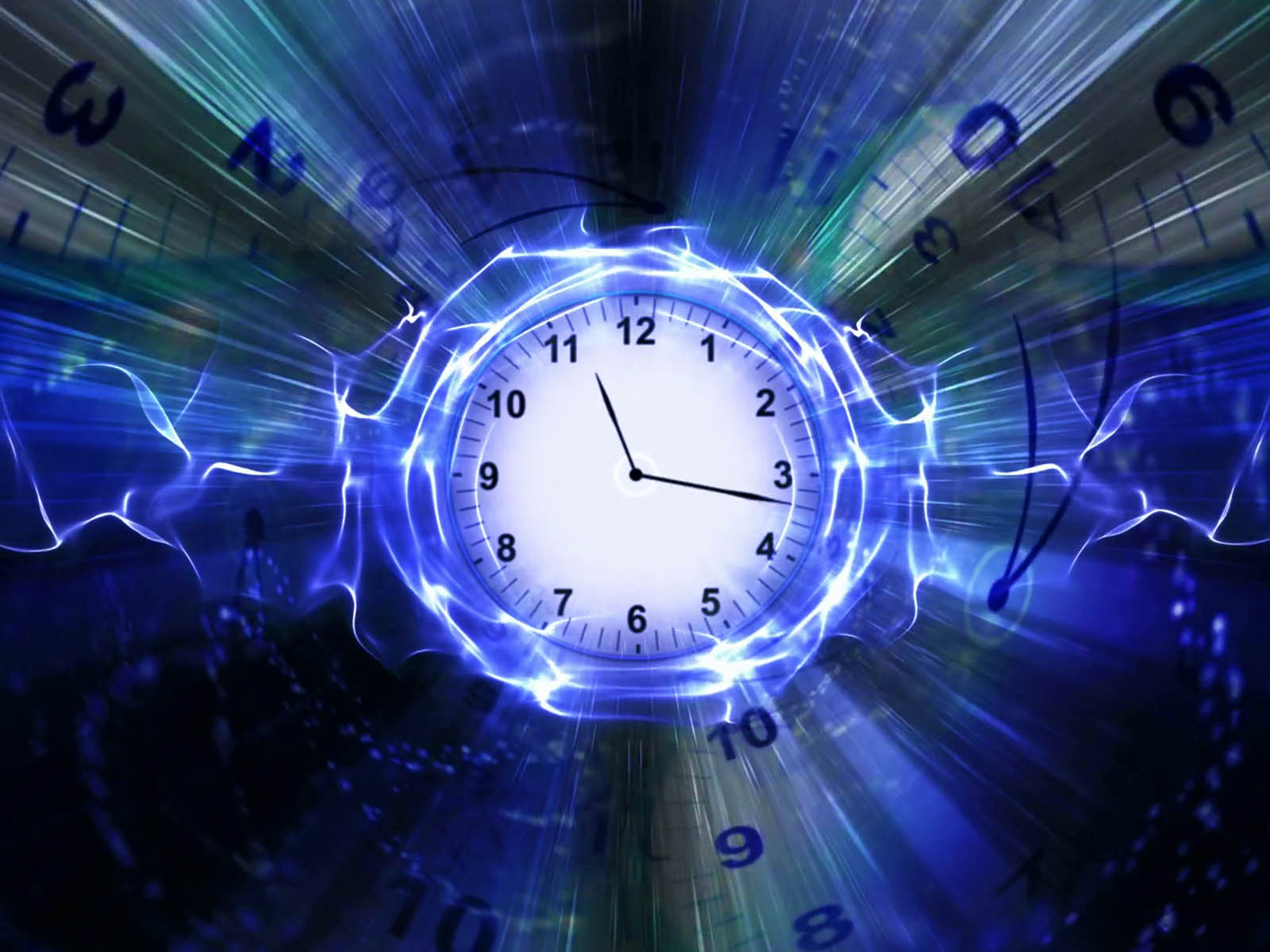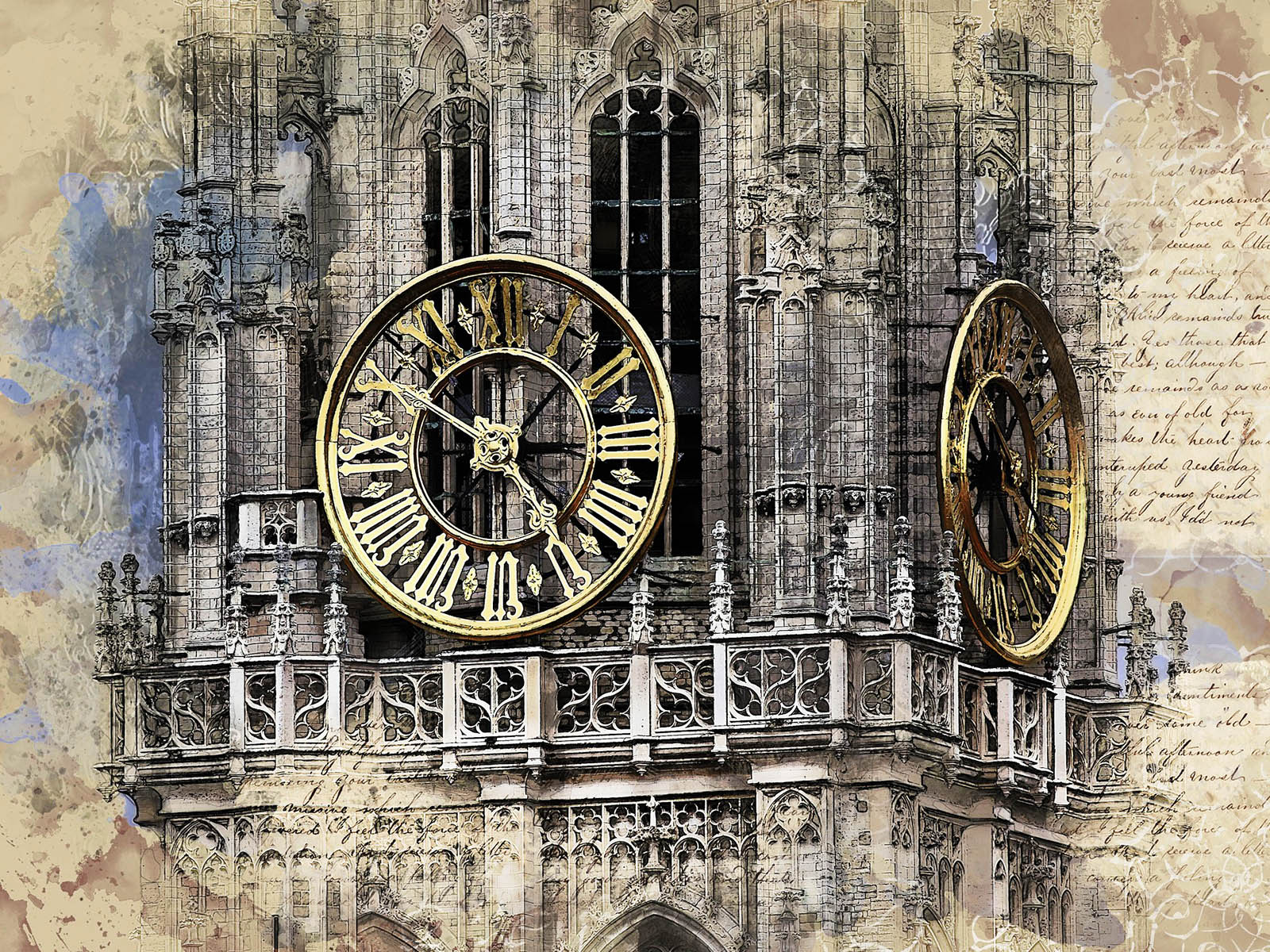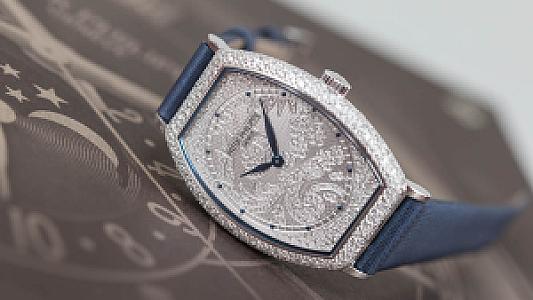Are you ready to start the concept of time, which differs within fields such as psychology, biology, philosophy, natural sciences, and physics, from the very beginning?
We use the word 'time', measured in hours, to refer to specific moments in the flow or the length between two particular moments. However, the answer to the question "what is time?" is not that simple. You can approach this concept, which differs among fields such as psychology, biology, philosophy, natural sciences, and physics, from many different perspectives.
Although many different definitions and ways of thinking about the concept of time have been developed in various periods of history, we will try to find the answers to the question "what is time?" on this page.
Biological Time
Do you remember how time hung heavy on your hands while you were a child? If you look back now, you are probably saying; All those years slipped by in the blink of an eye. One of the reasons said to explain this situation is that our psychological perception of time is determined by differences in the fraction of our total lifespan represented by a given period. Let's illustrate as follows; For an 8-year-old boy, one year is equal to one-eighth of his life so far. For an 80-year-old adult, it is only 1 in 80 of their life span.
Another reason for this situation is the difference in experience between adults and children. Children encounter a new event every day. They learn new things. On the other hand, adults are invariably repeating experiences similar to those they have had in the past. The hippocampus of adult brains doesn't memorize everything they experience.
For many years, humans and animals lived on a cycle of waking up in the morning, working during the day, and sleeping at night. This 24-hour lifestyle rhythm settled in our brains and bodies. There is a function that plays the role of a clock in the living beings' bodies. This inner clock is called the biological clock. For instance, humans and animals, who spend several days in isolated rooms with no clocks, sleep and wake up regularly, on a roughly 24-hour periodic cycle due to the instinct of all living things to increase their chances of survival by adapting to the environment.
Time in Ancient Times and Religions
The world created by the gods in the religions of many ancient civilizations, including the ancient Egyptian, Greek, and Mayan civilizations, followed a repetitive, periodic cycle of creation, existence, apocalypse, and destruction. Since this cycle is infinitely repeated, it was thought that both reversals and repetitions were possible in the sense of time following the same path over and over again, or time continued in this way forever.
There are similar concepts in Indian philosophy and oriental thought, including religions such as Buddhism and Hinduism, called reincarnation. According to this thought, the souls of those who die are born again and again. A partially circulatory view of time can be seen in Judaism as well. However, in Christianity, the birth, death, and resurrection of Jesus Christ are regarded as irreversible and unrepeatable throughout divine revelation.
In the 10th century and before, humans used primitive tools such as sun and water clocks to measure the passage of time. The concept of time was measured by events such as the change of seasons and the annual harvest of crops. From the 11th to the 12th century, Christianity began to be accepted in the lives of ordinary people. Thus, people denied time repeating itself cyclically and, the concept of time changed. Time was a linear thing ruled by God and continually moving towards to the end.
The Separation of Time from Religions
At the beginning of the 14th century, the mechanical clock was invented in Europe. By the 15th and 16th centuries, mechanical clocks began to appear not only in churches and monasteries but also in towers in municipal buildings and marketplaces. Thus, people got out of the seasonal time system and started to gain awareness of the time we live today, which divides the day and the night.
Thus, there was an awareness revolution regarding time. There has been a shift from the idea that time is ruled by God, towards a more objective view of time, detached from religion. With the building of clock towers in town squares, time passed from the hand of God to the hands of the merchants who ruled the free cities, becoming a means of controlling societies and politics.
